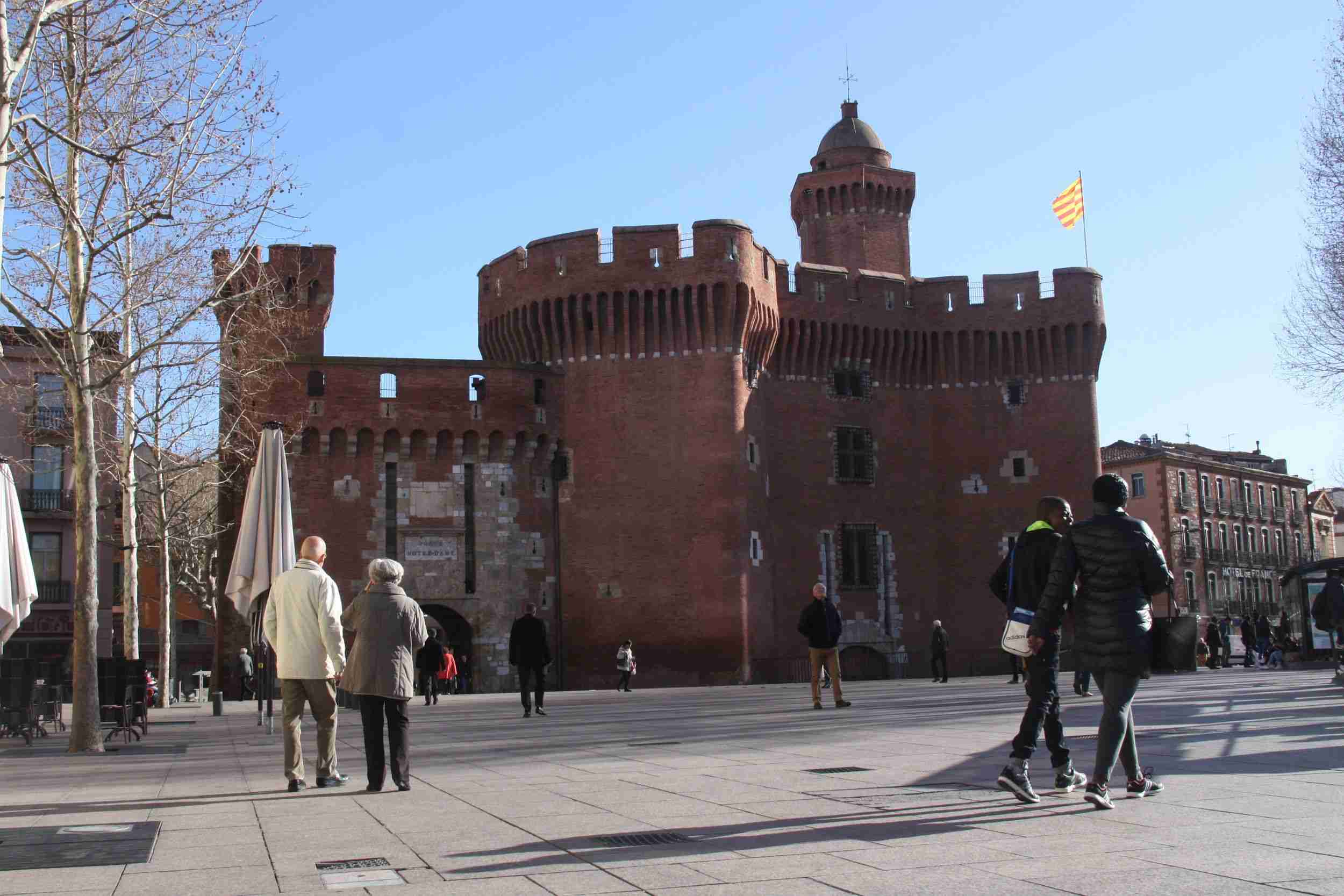The decision by France's Conseil d'État (Council of State) to confirm the name of Occitanie for the new administrative region including Catalunya del Nord (Northern Catalonia), the territory ceded to France by Spain in the Treaty of the Pyrenees in 1659, will reach the United Nations. The Committee for the Self-determination of Catalunya del Nord has presented an appeal to the international body looking for the name to be changed. Their filing argues that the decision goes "against international law" because, in their opinion, when deciding on the region's name, the 2007 UN Declaration on the Rights of Indigenous Peoples should have prevailed. They argue that "the Catalan traditions, culture and language" are distinctive features of the area. Now the UN will have to decide whether to consider the appeal. A decision which, the committee warns, could take up to two years.
The Occitanie region was created on 1st January 2016 as part of the territorial reorganisation driven by François Hollande's administration. It joins the former regions of Midi-Pyrénées and Languedoc-Roussillon, which included Catalunya del Nord.
During the process of choosing the name, politicians and intellectuals from the territory had actively called for the area's Catalan roots to be represented in the new name. Indeed, one of the four options proposed, Occitanie-Pays catalan, explicitly referenced them. In the end though, the regional council voted for Occitanie, a decision ratified by the Conseil d'État.
Now, the Committee for the Self-determination of Catalunya del Nord has decided to take the matter to the United Nations. Their decision comes after the Conseil D'État rejected another appeal, their second, asking for the region's name to not ignore "the Catalan traditions, culture and language".
In their opinion, the 2007 UN Declaration should have prevailed over French law when naming the region. The Conseil D'État, however, rejected the appeal saying it "has no legal character" and that the French Constitution is the relevant law in the case.
"Contrary to international law"
For the Committee for Self-determination, however, the fact that the name doesn't make any reference to Roussillon or Catalunya del Nord "is against international public law". As such, they've taken the issue to the Office of the UN High Commissioner for Human Rights. Now it's up to that body to decide whether to consider the appeal or not, a decision which could take up to two years, and whether to take the debate to a plenary session of the Human Rights Council.
At the end of October, the committee, along with the party Unitat Catalana (Catalan Unity), offered places for president Carles Puigdemont and his government in case they had to leave Catalonia. Among the accommodation offered was a chalet in Théza, near Perpignan, and some twenty second residences in the area.

